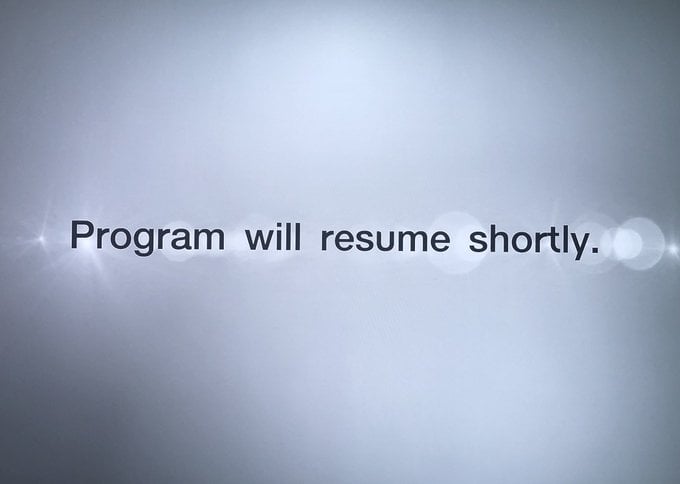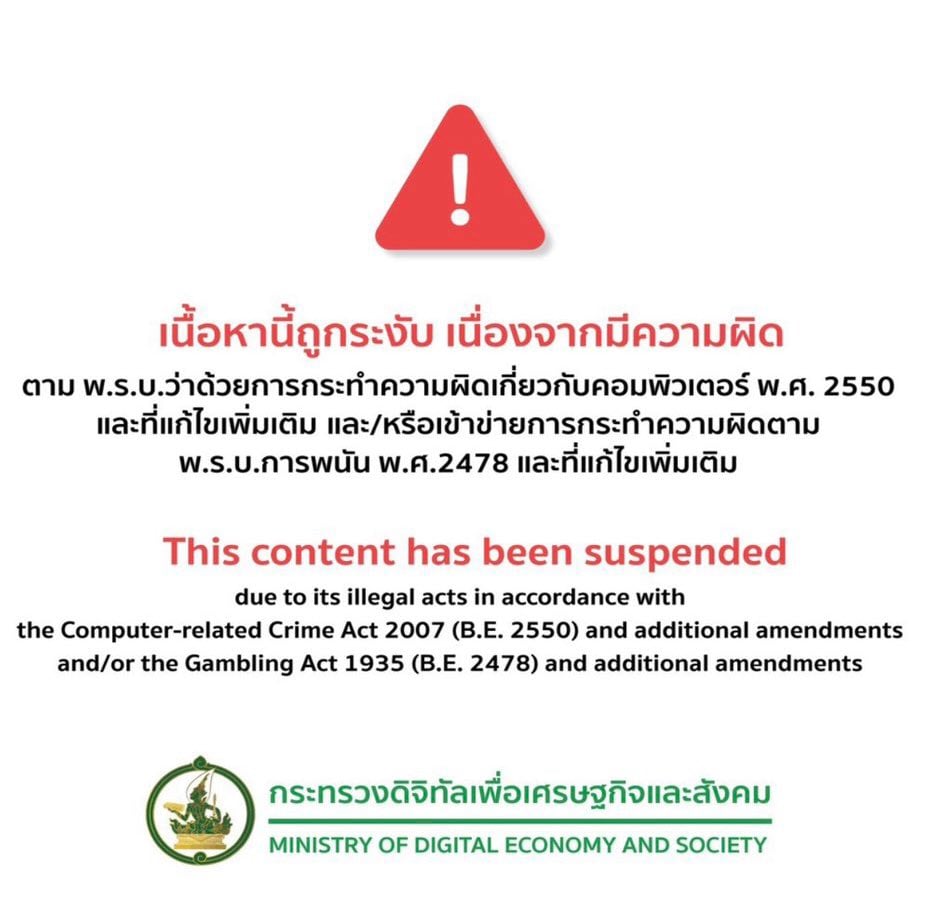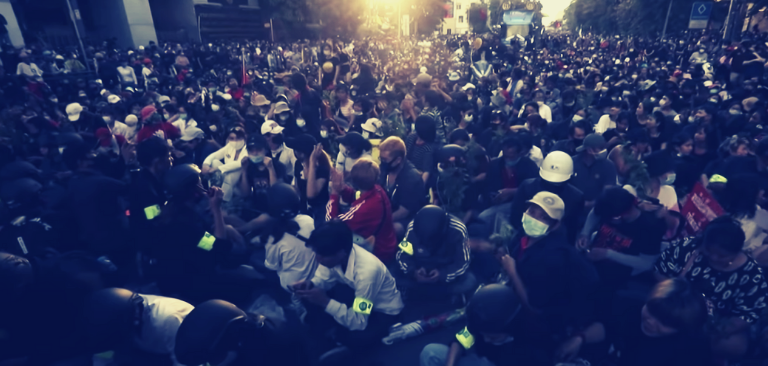The Prime Minister of Thailand has now banned political gatherings comprising five people or more. On top of it, he also ended up banning publishing news or online information that can threaten “national security.” Simply put, covering anything that is critical of the government and sharing it is not allowed.
Starting from the BBC to local Thai television stations, several outlets were blatantly censored mid-publication. NHK Premium, a Japanese media outlet, for instance, had to interrupt covering the protests that took place on the night of 14th October. What’s more, this act of censorship was committed even before the Prime Minister announced the decree about political gatherings.
BBCWorld’s producer, Thanyarat Doksone posted an image of a white screen that showed: “Program will resume shortly.” Doksone said that their Southeast Asia’s correspondent’s show covering the protests was also interrupted. Twitter users also pointed out that a Thai cable channel had also stopped showing CNN’s coverage of the protests and showed a white screen, which said: “Program will resume shortly.”

Prime Minister Prayuth said on Friday he would not resign as anti-government protesters continue rallies, despite a ban on demonstrations under new emergency measures.
Prayuth held a cabinet meeting on Friday morning after tens of thousands of citizens gathered in central Bangkok on Thursday night, calling for the PM’s resignation.
“I’m not quitting,” the Prime Minister has said. “The government must use the emergency decree. We have to proceed because the situation became violent … It is being used for 30 days, or less if the situation eases.”
The student-led demonstrations began in July, aimed not only at Prayuth, the leader of the 2014 military coup, but King Maha Vajiralongkorn, in the biggest challenge for several years to an establishment that has long been dominated by the army and palace.
Thailand has been subject to intense censorship for a while now. Even change.org has been banned in the country after a petition against the country’s royalty gained prominence. On top of it all, searching for change.org’s website lands you at a page with a notice that accuses the website of cybercrime.

In reality, here’s what happened on change.org: A petition was launched for calling the Thai King Vajiralongkorn a persona non grata in Germany. This invariably gained a huge momentum and saw close to 150,000 signatures. The King has always been criticised for spending a bulk of his time in Germany for getting “acquainted” with various women.
Vajiralongkorn is currently in Thailand and is expected to stay for a few weeks before he heads out, possibly to Germany.
Khaosod English, a Thai news outlet reported that the content of change.org is not allowed to be reproduced in the country as it can be considered insulting to the monarchs, which is a punishable offense that can put people behind the bars for up to 15 years.













